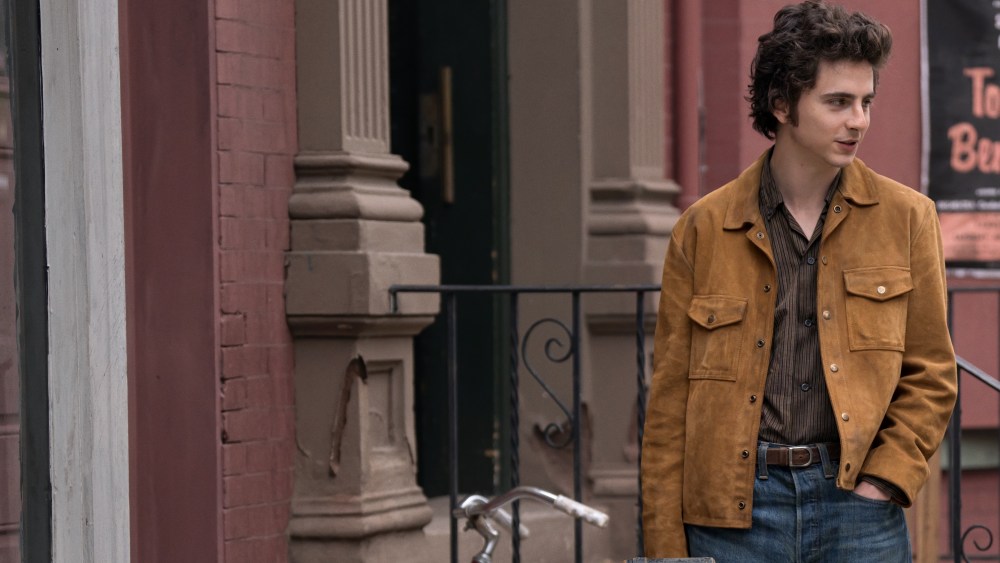Besides offering curriculums in design, pattern-making, merchandising, business acumen, and technology, a fashion school nurtures innovation, cultivates a unique design vocabulary, and fosters invaluable industry connections through workshops and internships.

Fashion school is an educational institution that offers specialised training in the art and business of fashion.
For those who love creating their own clothes, find themselves browsing through fashion magazines to follow the latest designs and then tweaking them to complement their individual style, enrolling in fashion school is their calling. One of the first things students will learn is that being a fashion designer isn’t glamorous. It requires excruciating hard work just to get the collection up on the runway!
Fashion school is an educational institution that offers specialised training in the art and business of fashion. It serves as a gateway for aspiring fashion designers, stylists, and fashion business professionals to gain the foundational and advanced skills needed to thrive in the competitive world of fashion.
A fashion school offers a mix of practical and theoretical courses that cover various aspects of fashion, including design, pattern making, garment construction, fashion illustration, trend forecasting, merchandising, technology, and the business of fashion.
Per Vogue — “Have aspirations of seeing your own collection on the runway? There’s definitely a fashion design program for you. Love texture, colour, and prints? A fabric design or textile-focused curriculum is the way to go. Savvy with numbers and building strategies? Buying, merchandising, and marketing tracks are out there, too. Regardless of your ultimate goals, it’s important to take a holistic approach to selecting a fashion school that works for you.”
At its core, a fashion school emphasises creativity and innovation. Students are encouraged to experiment with different fabrics, colours, and designs to find their unique voice. Courses often focus on developing a student’s ability to conceptualise and create designs that are original and commercially viable.
Alongside these creative pursuits, technical courses such as sewing, draping, and digital design teach students how to execute their designs with precision. This combination of creativity and technical proficiency helps students build a well-rounded skill set that is essential for a fashion career.

Structured learning, mentorship from industry experts, and access to advanced facilities provide a significant edge.
Read More:
Fashion design schools in Texas
Leading fashion schools in the US
Top ranked fashion schools in the world
FAQs on the benefits of attending fashion school
What skills can I gain from fashion school?
Fashion school provides technical design skills, creativity enhancement, and business acumen.
How does fashion school prepare students for the industry?
It offers real-world experience through internships, fashion shows, and industry partnerships.
Can fashion school help build my professional network?
Yes, students connect with industry professionals, peers, and alumni for networking opportunities.
What career options are available after graduating from fashion school?
Graduates can pursue roles as designers, stylists, merchandisers, and fashion marketers.
Do fashion schools provide business training?
Many programs include courses in fashion marketing, brand management, and entrepreneurship.
Will I learn digital design tools in fashion school?
Yes, most schools teach software like Adobe Illustrator and CAD for fashion design.
How do fashion schools encourage creativity?
They foster innovation through project-based learning and collaborative design assignments.
Can attending fashion school improve my job prospects?
Graduates often have better employment opportunities due to specialised training and industry exposure.
Is portfolio development supported in fashion school?
Yes, students receive guidance to build a comprehensive portfolio that showcases their best work.
What sets fashion school apart from self-teaching?
Structured learning, mentorship from industry experts, and access to advanced facilities provide a significant edge.

The environment at a fashion school fosters collaboration and competition, simulating the fast-paced nature of the fashion industry.
A fashion school might vary from a university with specialised degrees to an institution dedicated to fashion like Fashion Institute of Technology or Parsons, New York. Programs may offer degrees ranging from associate and bachelor’s to master’s, as well as certificate programs for specific areas like pattern design, textile science, or fashion marketing.
The environment at a fashion school fosters collaboration and competition, simulating the fast-paced nature of the fashion industry. Students of prestigious institutions like Istituto Marangoni | The School of Fashion may participate in fashion shows, design competitions, and internships as part of their curriculum to gain real-world experience and exposure.
The curriculum at a fashion school like National Institute of Fashion Technology in India is tailored to prepare students not only for design but also for the complex ecosystem of fashion business and management. Courses on fashion merchandising, marketing strategies, and brand management are common, providing students in top institutions like Central Saint Martins in London, for example, with the knowledge to navigate the commercial side of the industry.
This comprehensive approach of institutes such as Bunka Fashion College, Japan ensures that graduates are not only capable of creating beautiful garments but are also equipped to understand market trends, customer needs, and the strategies needed to run a successful fashion business. This dual focus is vital for those aspiring to launch their own fashion lines or pursue managerial roles within established brands.
A fashion school like Ecole de la Chambre Syndicale de la Couture Parisienne is more than a place to learn about fashion design or merchandising; it is an incubator for creativity, technical skill, and industry preparedness. Students are immersed in an environment that values originality, innovation, and hard work. Instructors, often seasoned professionals in fashion, bring industry insights and mentorship that can be pivotal in shaping a student’s career.
Graduates from fashion schools leave with portfolios showcasing their best work, ready to take on roles ranging from designer and stylist to buyer and brand manager, equipped with the knowledge and experience to carve out their space in the global fashion landscape. Parsons, The New School for Design’s alumni network includes names such as Tom Ford and Marc Jacobs, among others, while Alexander McQueen attended Central Saint Martins College of Art and Design in London.

A portfolio is one of the most important aspects of a fashion school application.
FAQs about applying to fashion school
- What are the basic requirements for applying to fashion school?
Most fashion schools require applicants to be a high school graduate. In addition to standard academic credentials, fashion schools typically ask for a portfolio showcasing creative skills, such as sketches, design, or fashion-related projects. Some institutions may also require letters of recommendation, a personal essay, and an interview to evaluate the applicant’s motivation and passion.
- Do I need design experience to apply to fashion school?
While having experience or training in design can be beneficial, it is not mandatory. Many fashion schools offer introductory programs or beginner courses for students who are passionate about fashion but may not have a formal background in design. However, demonstrating an interest in fashion through a well-prepared portfolio, even if it includes self-taught projects or artistic endeavours, can strengthen an application.
- How should I prepare my portfolio for submission?
A portfolio is one of the most important aspects of a fashion school application. Applicants should include work that showcases their creativity, technical skill, and an understanding of fashion concepts. It should be well-organised, with clear images and concise descriptions. It is essential to include a variety of pieces, such as sketches, garment designs, and mood boards, to display skills. Some schools may also require specific types of work, so carefully reviewing the application guidelines for each fashion school is crucial.
- Are there scholarships or financial aid options for fashion school applicants?
Yes, many fashion schools offer scholarships and financial aid to help with tuition costs. Scholarships may be merit-based, focusing on portfolio quality and academic performance, or need-based, depending on the applicant’s financial situation. Additionally, external organisations sometimes provide scholarships or grants to aspiring designers. Applicants should research financial aid and be aware of deadlines for applying.
- What is the application process timeline for fashion school?
Application timelines can vary depending on the fashion school and program. Generally, applications for fall admissions are due between late fall and early spring of the preceding academic year. It’s important to check the specific deadlines for each school. Preparing an application, particularly building a strong portfolio, can take time, so starting the process months in advance is advised. Most fashion schools also have open house events or informational sessions, which can be useful for prospective students to attend.

A fashion school is an incubator for creativity, technical skill, and industry preparedness.
Jasmeen Dugal is Associate Editor at FashionABC, contributing her insights on fashion, technology, and sustainability. She brings with herself more than two decades of editorial experience, working for national newspapers and luxury magazines in India.
Jasmeen Dugal has worked with exchange4media as a senior writer contributing articles on the country’s advertising and marketing movements, and then with Condenast India as Net Editor where she helmed Vogue India’s official website in terms of design, layout and daily content. Besides this, she is also an entrepreneur running her own luxury portal, Explosivefashion, which highlights the latest in luxury fashion and hospitality.








